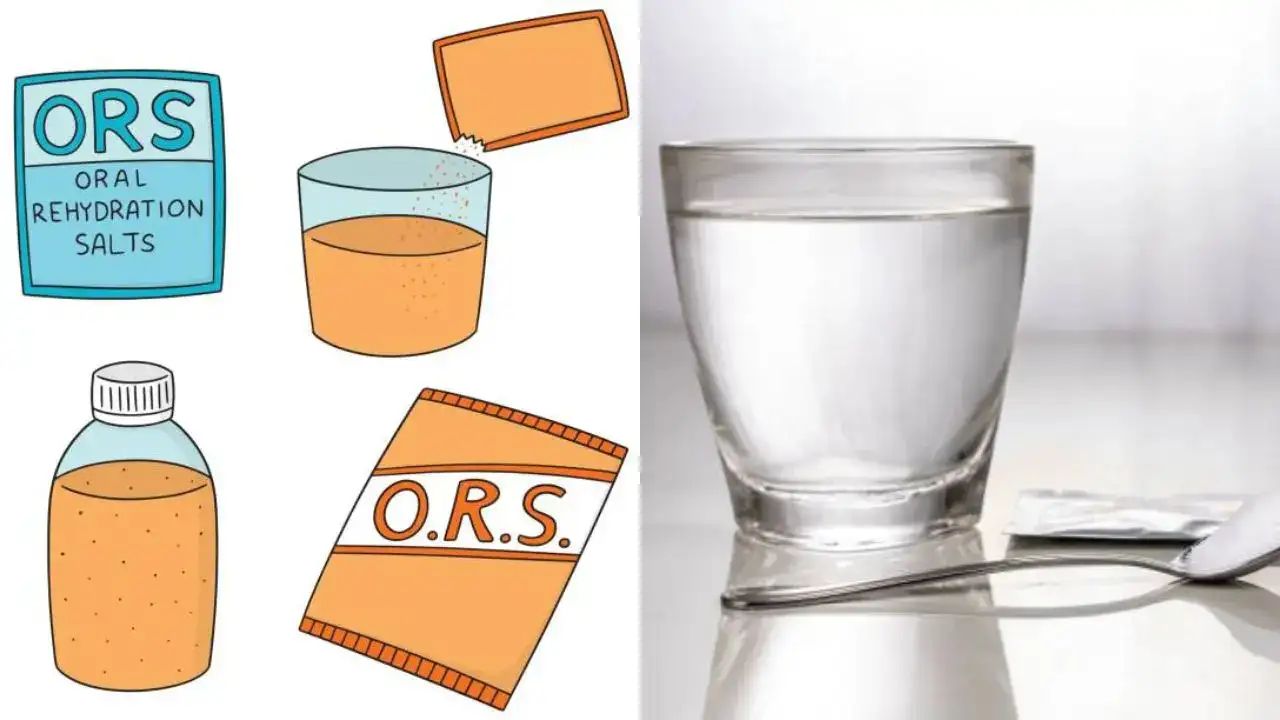Doctors Warn Sugary Drinks Marketed as ORS May Endanger Children’s Health
Doctors Warn Sugary Drinks Marketed as ORS May Endanger Children’s Health
New Delhi | October 27, 2025
Health experts are sounding the alarm over the growing misuse of the term “ORS” by beverage companies selling sugary drinks, warning that such products may worsen dehydration in children instead of preventing it.
Doctors say that many of these so-called ORS drinks, widely available over the counter, contain sugar levels up to ten times higher than what the World Health Organization (WHO) recommends for oral rehydration solutions. While WHO advises a sugar concentration of about 13.5 grams per litre, these commercial beverages often contain 110 to 120 grams per litre — enough to exacerbate dehydration and cause severe health issues in children.
Earlier this month, the Food Safety and Standards Authority of India (FSSAI) instructed companies to stop using the term “ORS” in any food or drink branding. The directive aimed to prevent confusion among consumers about what constitutes a medically approved rehydration formula. However, the Delhi High Court has temporarily stayed the ban following a plea by JNTL Consumer Health (India), a Johnson & Johnson subsidiary, allowing it to continue marketing its ORS-labelled product while clearing existing stocks.
Pediatricians, however, are deeply concerned. Dr. Sivaranjani Santosh, a Hyderabad-based pediatrician who has long campaigned against misleading “ORS” drinks, said the issue is not just misleading marketing but a real danger to children’s health. “These sugary drinks are far from safe. They can aggravate dehydration and upset the body’s electrolyte balance,” she explained.
Dr. Dhanasekar Kesavelu from Apollo Hospitals shared that affected children often show critically low sodium and excessively high sugar levels in blood tests. In severe cases, such imbalances have led to brain bleeding and seizures in infants. Similarly, Dr. Srinivas Midivelly of Yashoda Hospital noted a steady rise in hospital admissions for moderate to severe dehydration linked to misuse of these drinks.
Experts stress that parents should only use WHO-approved ORS sachets, mixing them strictly according to instructions. “No sports or energy drink can substitute for true ORS,” Dr. Kesavelu emphasized.
Dr. Santosh recalled how, years ago, many children’s health deteriorated due to such misleading drinks, though fatalities were avoided. “The priority must always be health, not profit,” she said.
Doctors urge parents to remain vigilant — always verify the authenticity of ORS products, read ingredient labels carefully, and avoid drinks that make vague hydration claims. They also encourage natural alternatives like coconut water or homemade lemon-salt-sugar water, under proper medical guidance.
Above all, experts stress education and awareness. Parents, caregivers, and communities must spread accurate information to protect children from dehydration risks caused by such misleading products.
(This article is for informational purposes only and should not replace medical advice. Consult a healthcare professional for guidance on hydration and treatment.)
Doctors Sound Alarm on Sugary ‘ORS’ Drinks
Health experts are warning parents against sugary drinks falsely marketed as ORS, saying they can worsen dehydration in children instead of treating it. These beverages often contain up to ten times more sugar than WHO’s recommended level for safe rehydration. Doctors urge parents to rely only on WHO-approved ORS sachets and follow proper mixing instructions. Misleading drinks have caused alarming cases of electrolyte imbalance, seizures, and hospitalisations. Experts remind caregivers to prioritise authentic rehydration, not flashy labels, and opt for safer alternatives like homemade lemon-salt water or coconut water under medical guidance.














Add Comment